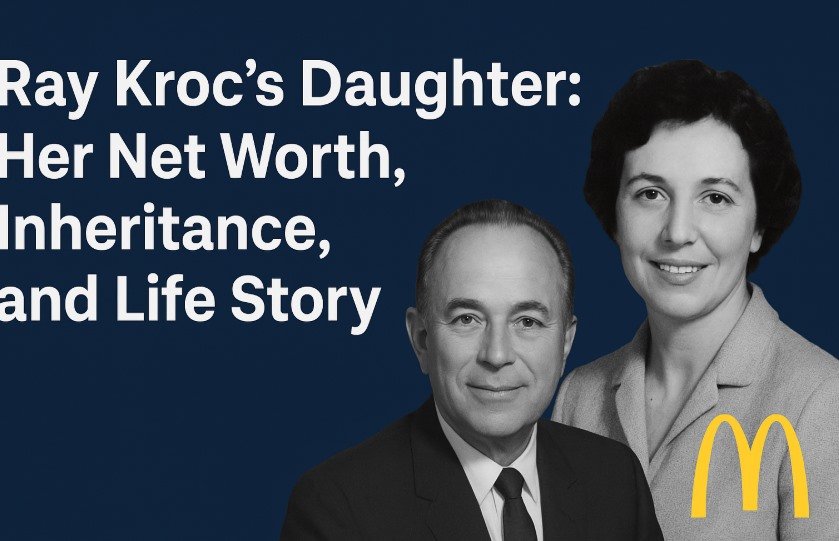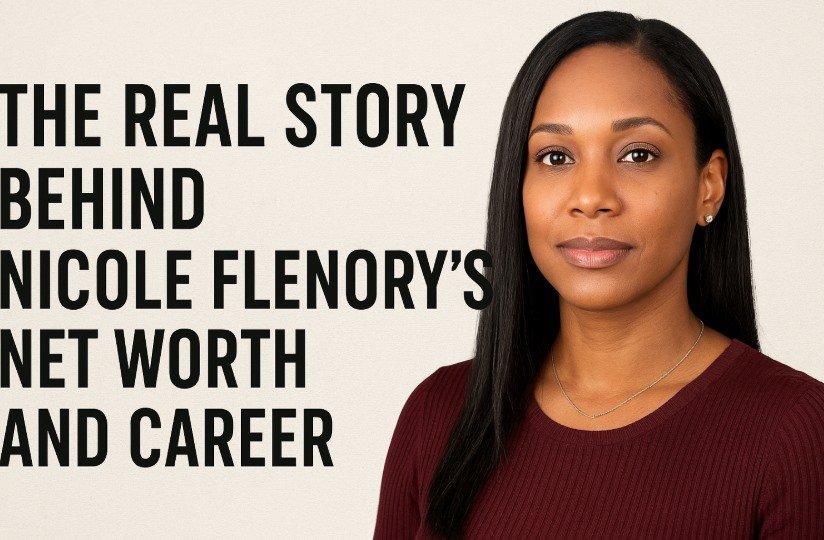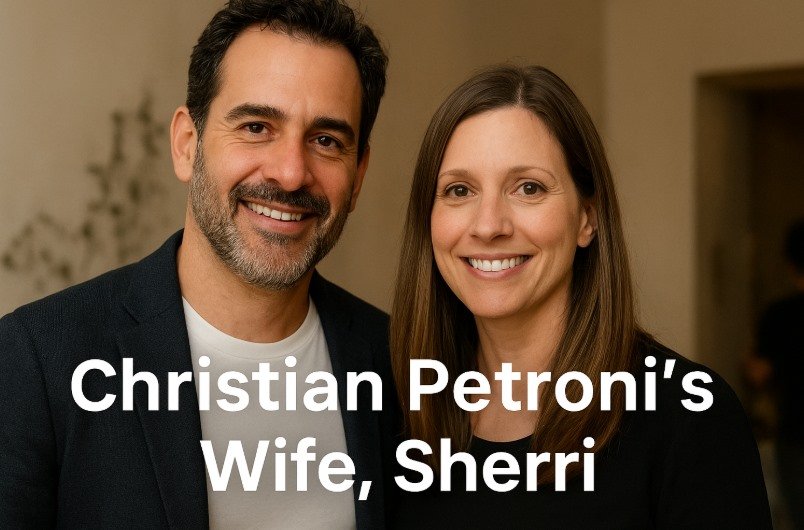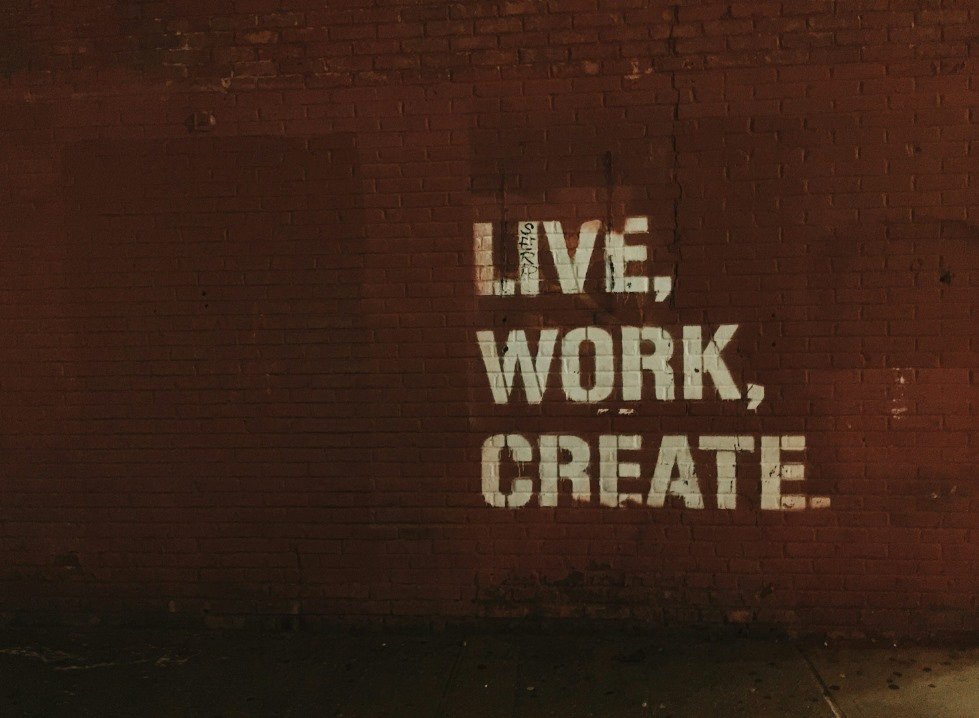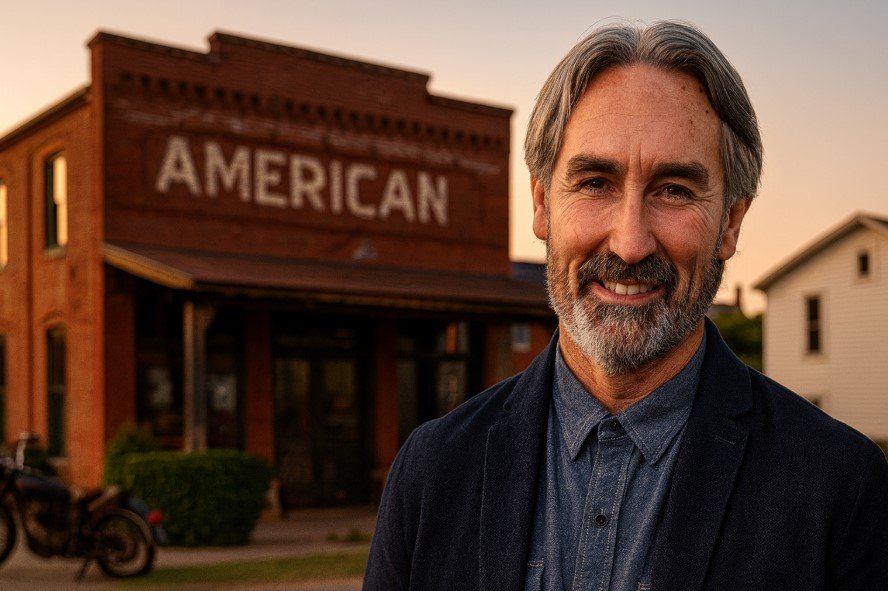
Mike Wolfe is best known as the creator and star of the television series American Pickers. Over the years, he has become widely recognised for his ability to find and restore valuable antiques and collectibles. While he gained fame through television, his personal passion project shows another side of him. This project is focused on preserving American history, small-town culture, and forgotten craftsmanship. Understanding his passion project gives a deeper look at what motivates him beyond the entertainment industry.
Early Life and Interest in Old Items
Mike Wolfe was born on June 11, 1964, in Joliet, Illinois. He grew up in a modest background and developed an interest in collecting discarded or forgotten items at a young age. As a child, he would look for old bicycles and fix them up. This hobby grew into an appreciation for the stories behind objects and the history they carried.
This curiosity led him to start visiting flea markets, barns, garages, and old sheds. He began buying items that others overlooked and reselling them to people who saw their value. These early experiences shaped his understanding of how objects can hold cultural and personal meaning.
His love for old things never faded, and it became the foundation for his later career. Before becoming famous, he ran a small business finding and selling antiques. This experience gave him practical knowledge about restoration, negotiation, and the antique market.
Rise to Fame with American Pickers
In 2010, Mike Wolfe launched American Pickers on the History Channel along with his co-star Frank Fritz. The show follows them as they travel across the United States looking for valuable antiques and collectibles hidden in barns, garages, and private collections.
The show became very popular because it offered a mix of history, travel, and business. It also showed the personal side of the people they visited, many of whom had been collecting items for decades. Mike became the central figure, known for his enthusiasm, storytelling, and sharp eye for rare finds.
American Pickers turned him into a well-known television personality. However, the fame also gave him the chance to pursue something more personal and meaningful—his passion project focused on saving history and supporting small-town communities.
The Birth of His Passion Project
As his success grew, Mike Wolfe began to invest in restoring old buildings, particularly in small American towns. He noticed that many historic buildings were being abandoned or demolished. His goal became to rescue these buildings and give them new life while keeping their historical character intact.
He started buying old structures such as general stores, factories, and residential homes that had fallen into disrepair. Instead of tearing them down, he carefully restored them using original materials and traditional methods whenever possible. These restorations not only saved historic architecture but also brought new activity and business to the towns.
One of his most known efforts is in Columbia, Tennessee, where he has bought and restored several buildings in the downtown area. He has worked to preserve the original brickwork, woodwork, and design details to keep their historic appearance.
Why He Focuses on Small-Town America
Mike Wolfe’s passion project is not just about buildings. It is also about small-town culture. He believes small towns represent the heart of American history and community life. Many of these towns have old buildings that reflect a time when local businesses were central to daily life.
By saving these buildings, he hopes to help revive small-town economies. Restored buildings attract visitors, new businesses, and local pride. This can bring jobs and opportunities back to areas that have faced economic decline.
He also wants to create awareness about the value of preservation. Through interviews, public talks, and social media, he encourages others to invest in old buildings instead of replacing them. This has inspired some communities to start their own local preservation projects.
Connection to His Antique Work
His passion project is closely linked to his work with antiques. On American Pickers, he rescues forgotten objects. In his preservation work, he rescues forgotten places. Both involve recognising value where others see waste.
Many of the restored buildings are used as spaces to showcase antiques, host community events, or house local businesses. This creates a direct connection between his TV work and his preservation efforts. It also shows how objects and buildings together tell the story of American life.
He often uses his network of antique collectors, craftspeople, and designers to help furnish and decorate the restored buildings. This gives them an authentic historic feel and supports people who work in traditional crafts.
Establishing Retail Stores
To support his preservation efforts, Mike Wolfe has also created retail spaces that sell antiques and vintage-inspired products. His stores, called Antique Archaeology, are located in LeClaire, Iowa, and Nashville, Tennessee.
These stores showcase many of the items he has found on American Pickers. They also act as hubs for promoting local artisans and historical preservation. The stores have become tourist attractions, which helps bring more attention and funding to his projects.
Revenue from the stores often supports his building restorations. This approach allows him to combine business with preservation, showing that historic spaces can be both culturally and economically valuable.
Public Awareness and Media
Mike Wolfe has used his public platform to promote his passion project widely. He often speaks in interviews about the importance of preserving small-town history. He uses social media to show progress on his building restorations, share stories about their past, and highlight the people involved.
His efforts have been covered in newspapers, magazines, and local news outlets. These stories have helped spread awareness about the potential of preservation to revive small communities.
He also works with local governments, business owners, and community groups to develop strategies for saving old buildings. By partnering with others, he increases the chances that restored spaces will be used successfully.
Educational Efforts
Part of Mike Wolfe’s passion project includes educational outreach. He wants younger generations to appreciate history and traditional craftsmanship. He has visited schools and community events to talk about antiques, preservation, and entrepreneurship.
In some cases, he has involved students in small projects like painting, woodworking, or learning how to research the history of buildings. This gives them hands-on experience and builds interest in local history.
He believes that teaching young people these skills helps ensure that preservation will continue in the future. It also gives them a sense of pride and connection to their communities.
Challenges He Has Faced
While his passion project has had many successes, it has not been easy. Restoring old buildings can be very expensive and time-consuming. It often requires special permits, skilled labour, and custom materials.
Some buildings are in very poor condition, which makes restoration risky. There can also be opposition from property owners or local officials who prefer new development instead of preservation.
Funding is another challenge. Although his business success helps support his work, he also relies on partnerships and outside investment to complete larger projects. He has had to find creative ways to make restoration financially sustainable.
Despite these challenges, he has continued to expand his efforts and demonstrate that old buildings can be saved and reused successfully.
Key Projects and Restorations
One of the most notable parts of Mike Wolfe’s passion project is his work in Columbia, Tennessee. This small town has many old buildings that were abandoned or underused. Wolfe saw potential in its historic architecture and began buying and restoring properties there.
He carefully renovated several downtown buildings while keeping their original structure and design. This included repairing old brickwork, replacing windows with period-accurate frames, and preserving original wood floors. He also worked with local contractors who had experience in historical preservation.
Many of these buildings are now occupied by local businesses such as coffee shops, restaurants, and retail stores. This has helped create new jobs and attract tourism to the town. It also increased property values and gave the local economy a boost.
Beyond Columbia, Wolfe has also restored properties in LeClaire, Iowa, where he opened his first Antique Archaeology store, and in Nashville, Tennessee. Each project follows the same principle: protect the original structure while adapting it for modern use.
Supporting Local Communities
Mike Wolfe’s passion project does not only focus on physical restoration. He also tries to strengthen the communities that use these spaces. He believes that historic buildings can only survive if they are part of an active and healthy community.
He often works with local business owners, city planners, and cultural organisations to create plans for how restored spaces will be used. This may involve renting space to small local companies or setting up community spaces for events, art shows, or workshops.
This approach helps ensure that restored buildings are not just preserved as empty landmarks but are part of everyday life. It creates long-term sustainability for both the buildings and the communities.
Wolfe has also helped organise events in some of the towns where he works. These include antique markets, art fairs, and heritage festivals. These events bring visitors to the area, which helps local businesses and raises awareness about the value of historic places.
Economic Impact
The economic benefits of Mike Wolfe’s passion project are becoming visible in the towns where he has invested. Restored buildings often attract new business tenants who bring jobs and customers. Increased activity helps nearby shops and restaurants as well.
In some cases, property values have gone up after his restorations, which increases tax revenue for local governments. This money can be used to improve public services or infrastructure.
Tourism is another benefit. Many fans of American Pickers travel to see the places connected to Wolfe’s work. They visit his stores, the buildings he has restored, and the surrounding towns. This supports hotels, restaurants, and other local services.
By showing that preservation can be profitable, Wolfe has encouraged other property owners and investors to restore rather than demolish old buildings.
Philosophy of Preservation
Mike Wolfe’s approach to preservation is guided by a clear philosophy. He believes that old buildings are valuable not just for their beauty or age, but because they tell the story of a community. They reflect the work of past generations and can inspire new ones.
He often talks about the importance of authenticity. He tries to keep as much of the original structure and materials as possible. Instead of replacing old features, he prefers to repair and reuse them. This gives the buildings a sense of continuity with the past.
At the same time, he believes restored spaces must have a purpose. A building that looks historic but is unused will not last. This is why he focuses on creating spaces that can be used by modern businesses and communities.
This balance between preservation and practical use is at the core of his passion project.
Expanding His Vision
Over time, Mike Wolfe has looked for ways to expand his preservation work beyond his own projects. He has encouraged other investors and developers to get involved in restoring historic buildings.
He has supported non-profit groups that provide grants or training for preservation projects. He has also worked with local governments to help them create policies that support restoration, such as tax incentives or zoning changes.
By doing this, he hopes to build a wider preservation movement that continues even without his direct involvement. He wants more people to see restoration as a realistic and rewarding option.
Public Response
The public response to Mike Wolfe’s passion project has been largely positive. Many local residents appreciate the attention and investment he has brought to their towns. The restored buildings often become landmarks that give the community a sense of pride.
Fans of American Pickers also admire his efforts. They see it as a natural extension of his love for history and collecting. Many travel to see his projects in person, which helps promote his work further.
Some people have raised concerns about rising property values or the possibility of gentrification. Wolfe has said that he tries to avoid displacing existing residents or businesses. He prefers to work in areas with many vacant or abandoned properties, where new investment is more likely to be welcomed.
Overall, his projects have created more support for historic preservation and shown that it can benefit both culture and the economy.
Future Goals
Looking ahead, Mike Wolfe has said he wants to continue expanding his preservation work. He plans to restore more buildings in small towns across the United States. He also hopes to create educational programs to train new generations in restoration skills.
He wants to develop models that other communities can follow to start their own preservation projects. This includes sharing information about financing, construction techniques, and community planning.
Another goal is to promote stronger laws and policies to protect historic buildings. He believes more legal support is needed to stop unnecessary demolition and encourage adaptive reuse.
Through these efforts, he hopes his passion project will grow into a national movement that values and protects historic spaces.
Personal Meaning
For Mike Wolfe, this passion project is deeply personal. It allows him to combine his love of history, craftsmanship, and community. It gives him a way to create something lasting that goes beyond television or business.
He has said that saving buildings and helping communities gives him a sense of purpose. It connects him to people who care about their towns and their heritage. It also gives him a way to give back to the kinds of small towns where he first learned to love old things.
Even though it requires a lot of work and investment, he continues to focus on this project because he believes it is worth it. It reflects the values that have guided his life and career.
Conclusion
The story behind Mike Wolfe’s personal passion project shows a side of him that many people may not see on television. While he became famous for finding and selling antiques on American Pickers, his passion project is about something bigger. It is about saving the physical history of small-town America and helping communities thrive.
Through careful restoration, business support, and community involvement, he has brought new life to old buildings and inspired others to do the same. His work shows that history can be preserved while also serving modern needs.
By combining his experience in antiques with his dedication to preservation, Mike Wolfe has created a lasting impact. His passion project continues to grow, and its benefits are visible in the towns he has helped restore. It has become more than a personal goal—it is now part of a broader movement to protect the history and culture of small communities across the country.
Read more: The Real Story Behind Nicole Flenory’s Net Worth and Career









